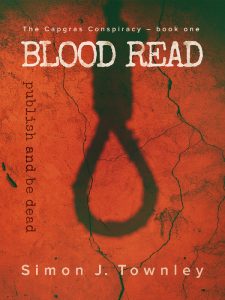The Wimbledon tennis tournament has begun once more, with all of its traditions and drama.
One of those traditions is for the players to wear white. It makes the place look classy, for sure. But all too often it’s hard to tell, at a glance, while watching the TV coverage and doing half a dozen other things at the same time, which player is which.
Storytellers face a similar dilemma. If readers come back to a novel and open up to where they left off, start reading and have trouble remembering who is who and what they were doing, then you risk losing them.
Characters need to be distinctive – without being grotesque caricatures. They need a voice of their own, and something about their appearance which sets them apart.
Sci-fi writer Michael Morcock calls this a ‘tag.’ It amounts to giving a character a scar, or a limp, or a hat, or a parrot on their shoulder, along with a wooden leg. Okay, that worked once upon a time, but might be overkill, depending on the kind of story you’re telling.
Ideally, it should be something that ties in with the plot – think Harry Potter’s scar, which marks him out to the magical community, links him to the antagonist (literally) and which hurts at times of danger.
Ron has his red hair, Dumbledore his beard, Hagrid his huge size, Malfoy his white hair, and so on.
By giving major characters a distinctive ‘tag’ to remind the reader who they are and what they look like, you have an easy way to keep them engaged, informed, and able to follow who is who and what is going on.
Perhaps the Wimbledon organisers should relax their rules a little, and allow a splash of colour here and there, for the sake of the spectators. Or would that be asking too much?







